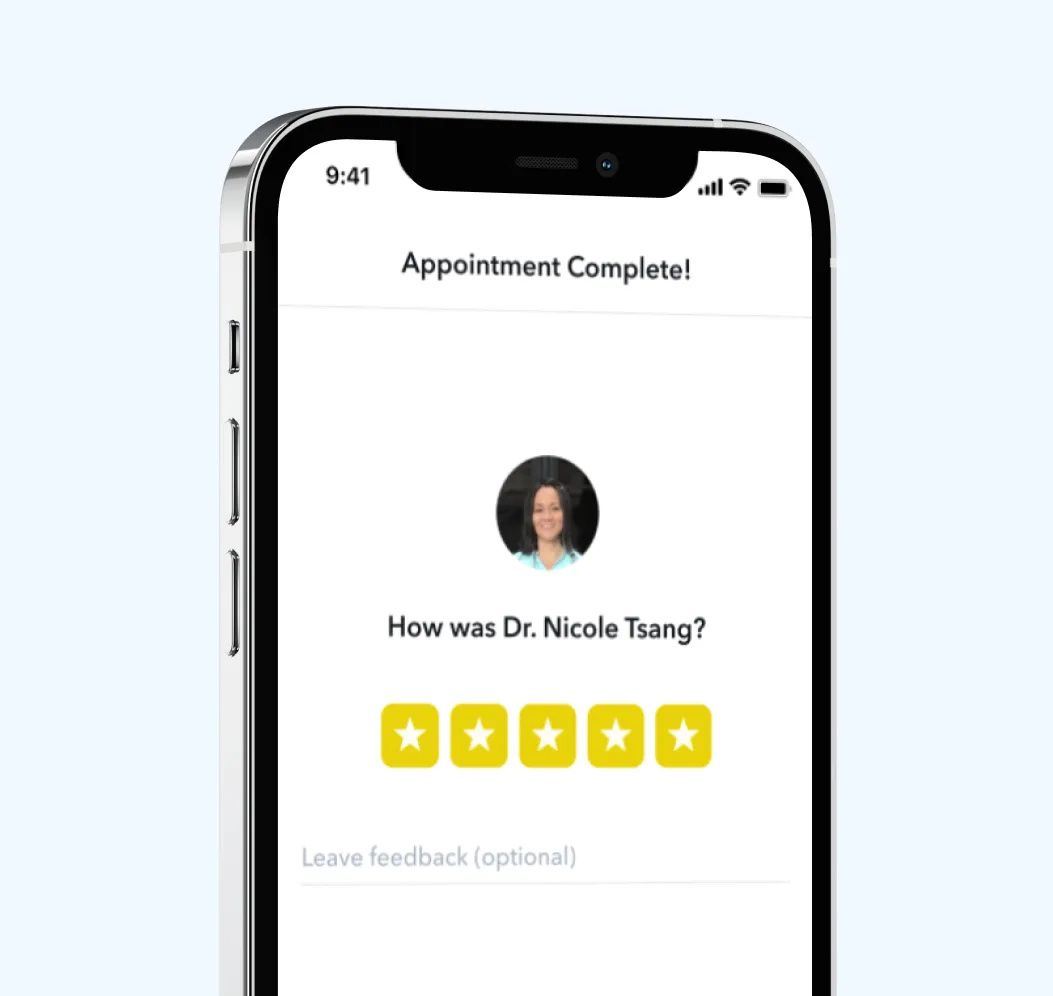All posts
Tele-life check in

Mary McQuilkin, NP, MPH
May 21, 2020
5 min

You may have been working from home for nearly three months now. Many will continue to work remotely, even after the Stay-At-Home order is lifted. Businesses may partially reopen in the weeks to months ahead while minimizing staff contact to decrease the risk of spreading COVID-19.
This is a marathon, not a sprint.
Maintaining some semblance of a work-life balance while staying mentally and physically healthy comes with many challenges — whether it’s a dog that interrupts a meeting to see if you want to go on another walk or a bored 5-year-old begging to play Lightning McQueen. At times, finding your equilibrium within this “new normal” may feel nearly impossible.
Here are some tips for Stay-At-Home success, with ideas for parents below:

1. Maintain a routine Set a schedule including the hours you will be available for work and when you will not. Set your status to away if possible so coworkers can see you are no longer working when you aren’t on the clock anymore. Try to keep your morning routine as similar to your previous schedule as possible; get up and make coffee, eat breakfast, and consider setting aside some time to meditate or do yoga before stating work.
2. Help your surrounding set you up for success Create a home work area that is free from distractions. It should not be an area your brain associates with relaxation or fun, such as the couch or your bed. If your partner is also working from home: try to work as far apart as possible, use headphones to reduce noise, and try to stagger calls so you aren’t both talking at the same time in different Zoom meetings.
3. Stay informed, but set limits for yourself on media exposure Get information from trusted sources. If reading or watching the news is making you feel anxious or depressed, take a break.
4. Keep in touch with friends and family Play cards with elderly relatives over Zoom or Skype. Make an effort to reach out virtually to those who may be especially socially isolated.
5. Practice Self-Care Try to get a little outdoors time in. Sure, it may not be quite the same with a mask, but a quick walk around the block to get some fresh air can be good for your mental health. Set goals to motivate yourself to exercise regularly and track your progress. Have some fun.
6. Practice Good Sleep Hygiene
- Go to bed at the same time every night, even on the weekends. This helps set a routine for your internal clock. Go to sleep at a time that will allow you to get 7–9 hours of sleep every night.
- Avoid taking naps. If you must nap, take a nap before noon for 20 minutes.
- Go outside in the sun in the morning and get exercise every day. Avoid exercising at night before going to sleep.
- Use the bed only for sleep and sex. Do not watch TV, work, or use the computer in bed.
- Make your room quiet and dark; turn off TVs, radios, etc.
- Avoid caffeine (especially after noon), other stimulants, cigarettes, and alcohol. If you smoke, try to quit smoking entirely. (Nicotine withdrawal can awaken you in the middle of the night).
- Avoid eating shortly before going to sleep. Lose weight if you are overweight.
- Creating a relaxing bedtime routine can train your mind to get ready for bed before you need to fall asleep. You could try drinking a cup of herbal tea every night, taking a warm bath, or reading something light before you go to bed to get your mind off the day’s troubles. Practice relaxation exercises such as deep breathing, yoga, or meditate for 20 minutes before you go to bed.
Tips for parenting in a pandemic:
- Embrace technology so your children can keep in touch with loved ones.
A “virtual playdate” via FaceTime or WhatsApp allows kids to connect with their friends and family members. Caribu is a great app that lets you video-call and read together no matter where you are. - Spend some quality time together.
Set aside time to spend with your children and ask them what they would like to do. It could be reading a book, looking at pictures, going for a walk, having a 30 minute Alexa dance party, cooking together, or playing a game. - Make sure to take breaks from school lessons and stay active to lower everyone’s stress levels.
In the UK, a well known personal trainer Joe Wicks streams live exercise sessions for children around the world while schools are closed. - Write and mail a letter to a family member, teacher, or loved one.
- Mix it up a bit to create fun memories during this time.
Have a socially distanced “movie night under the stars” with your neighbors using a projector, a large white sheet, and picnic blankets spaced at least 6–8 feet apart for each family.
Build forts in your apartment, play indoor hopscotch using hula hoops, or go camping in your backyard! - Talk openly about the virus.
Reassure your children that they are safe, and that it is okay to feel upset. The CDC recommends sharing with your children how you deal with your own stress so they learn to cope form you. Make sure you are available to listen and talk to your kids, and that they can come to you with any questions they have.
For more information and tips for managing stress during COVID-19, see: https://files.covid19.ca.gov/pdf/wp/california-surgeon-general_stress-busting-playbook_draft-v2clean_ada-04072020.pdf
Circle Medical Providers must meet all of the following standards:
-
Exceptionally qualified in their field
-
Board-certified
-
Deeply empathetic for patients
-
Follows evidence-based care guidelines
-
Embracing of diverse patient backgrounds
-
Impeccable record of previous care
400+ Primary Care Providers.
100% Confidence.
No matter which Provider you choose, you will be seen by a clinician who cares deeply about your health and wants to help you live your happiest, healthiest life.
Circle Medical Providers are held to an exceptionally high standard of compassionate, evidence-based care.
Book Appointment

